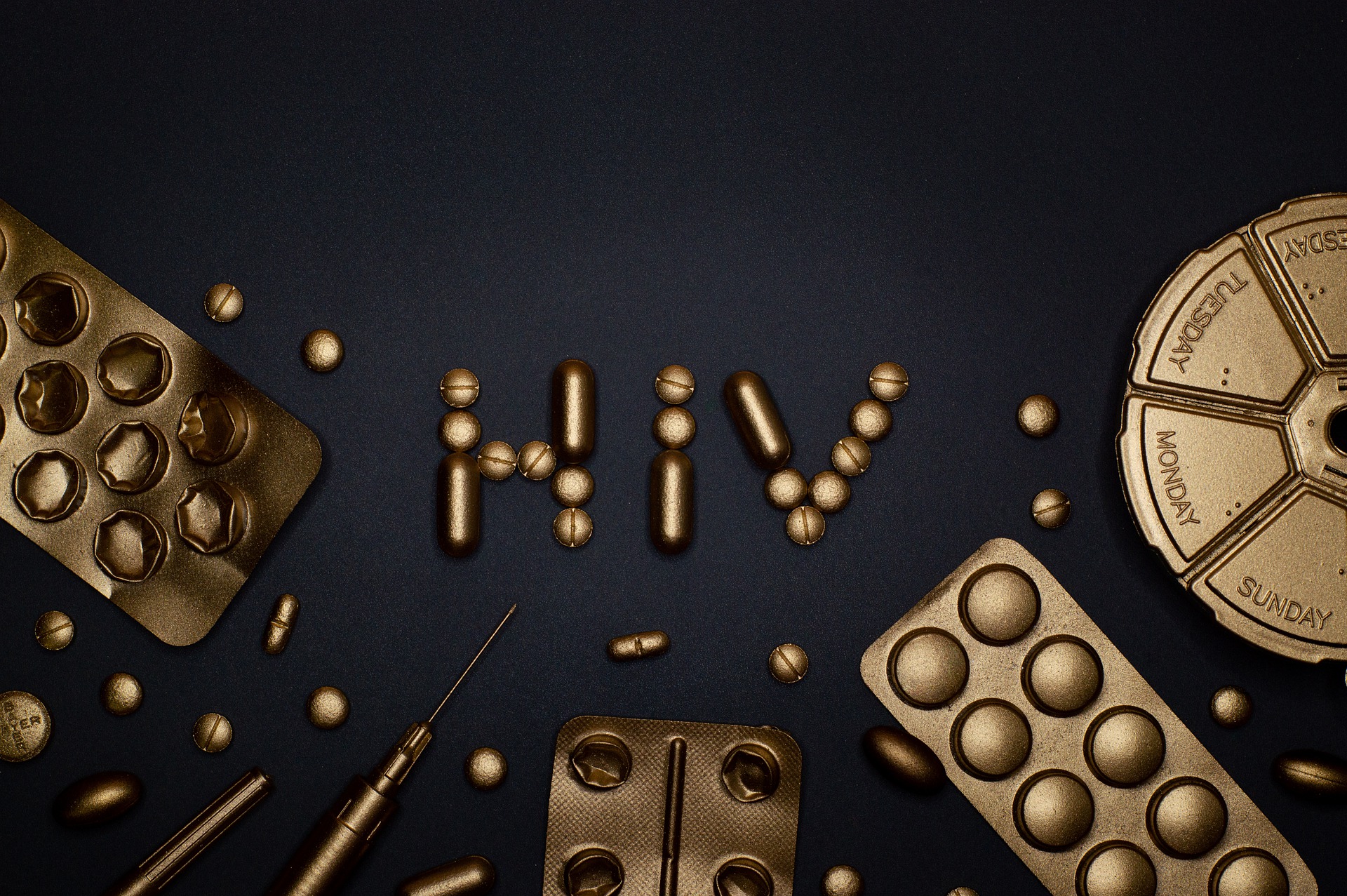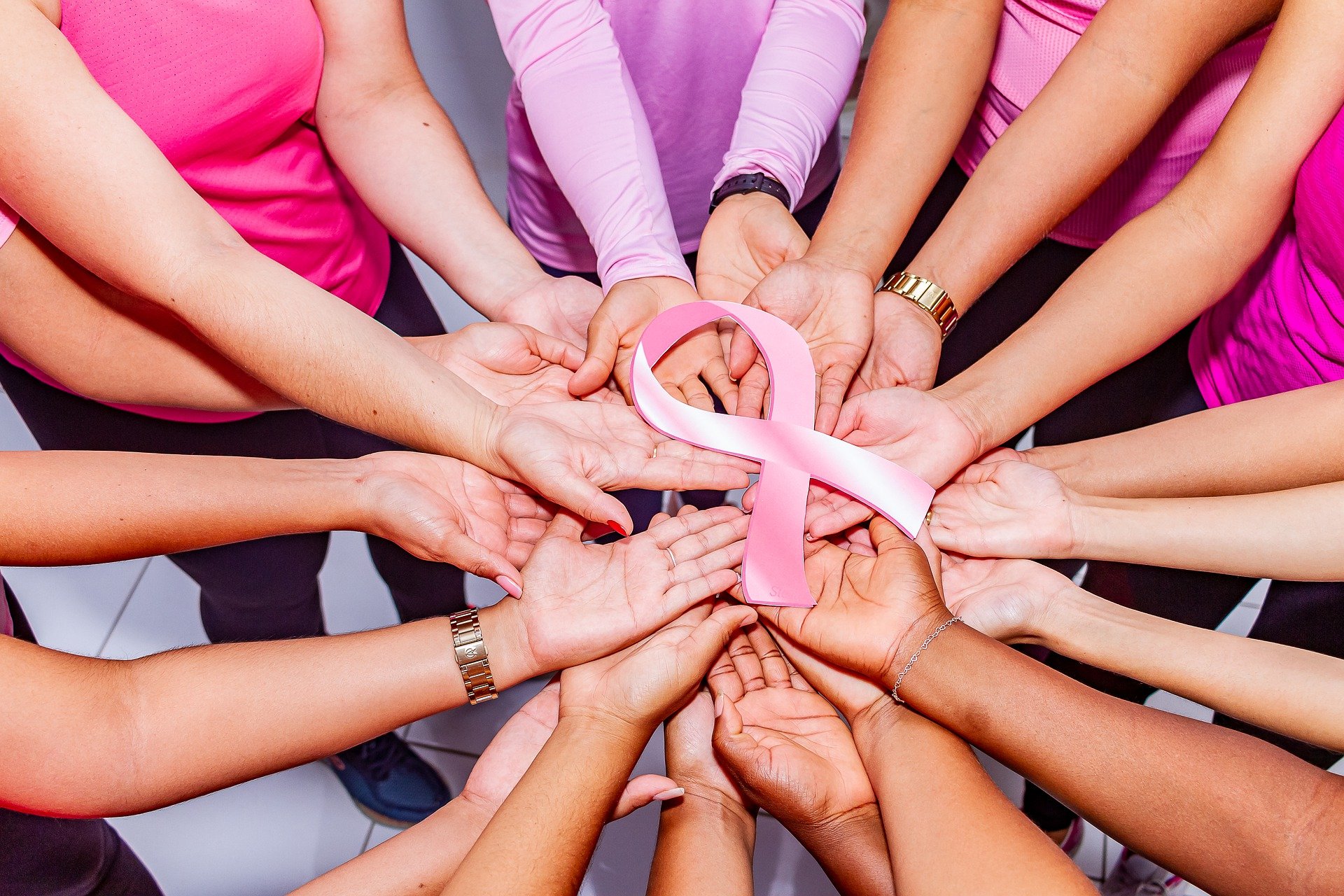
Thing you should need to know about breast cancer.
It’s October, and most of us are ready for Halloween but did y know that October was also Cancer awareness month? How much do you really know about breast cancer? Were you aware that it was the second most common cancer among women? Were you also aware that black women are more likely to die from breast cancer than white women in the US? Well, the media doesn’t focus on that. But don’t worry because we are here to walk you through everything we need to know about breast cancer.
What exactly is breast cancer?
The human breast is made of different tissues, and within those, there are connective tissues, lymph nodes and vessels, blood vessels and ligaments. A woman’s breast can have 12 to 20 sections and within which are what we call lobes. Lobes are connected by duct and carry milk to the nipple. This is all very scientific, but it’s a 101 on how the breast functions. The most common kind of breast cancer usually develops in the ducts and is called ductal cancer or cancer of the ducts. They account for over 80% of all recorded cancer cases annually, while lobular carcinoma or cancer f the lobes account for about 10% of cancer cases.
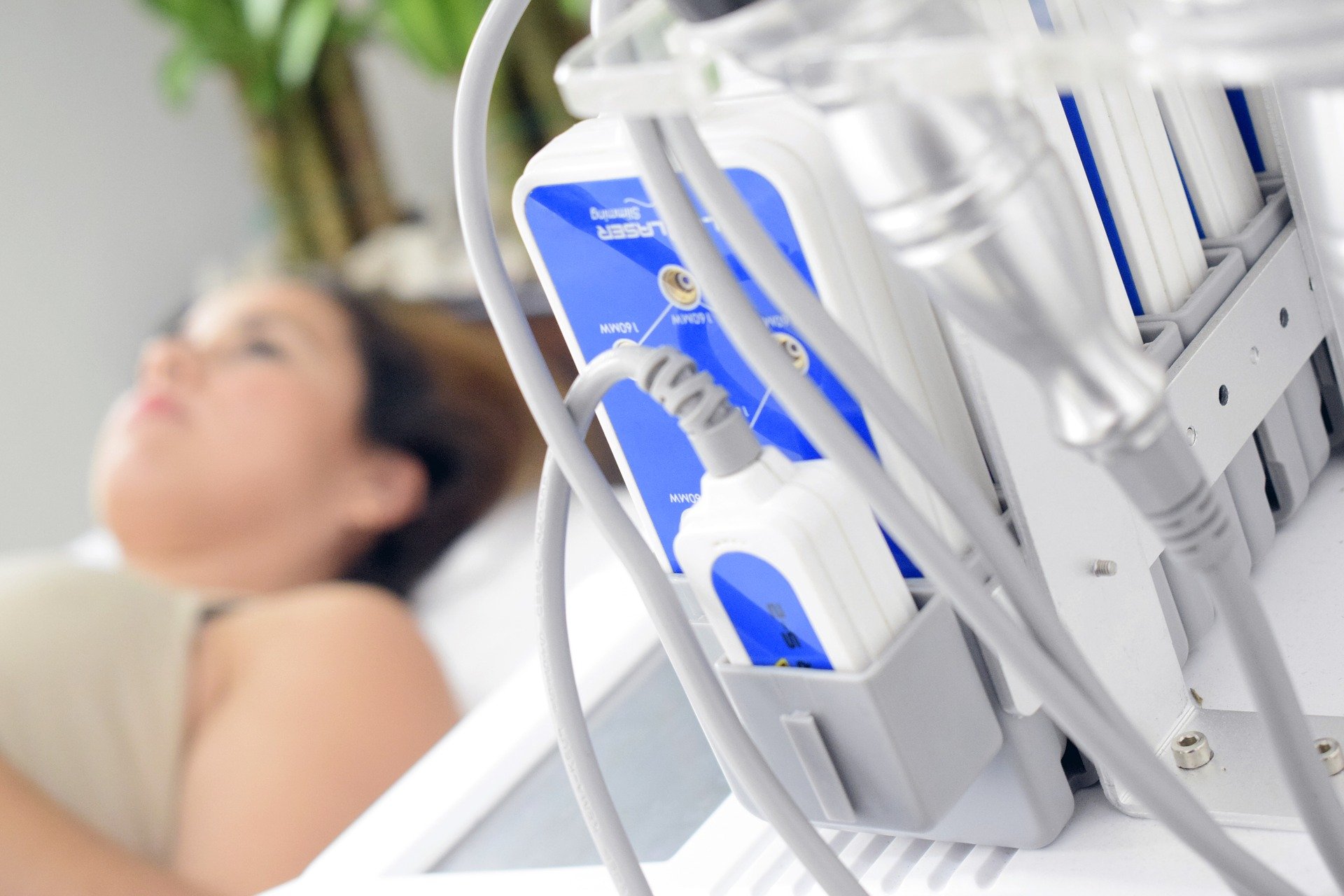
It is one of the most common types of cancers that affect women in the US. About 230 000 women are diagnosed with breast cancer each year nut it should be noted that some men can also have breast cancer, though this number is significantly smaller than the number of women who can develop it. Men account for about 1% of annual cases of breast cancer.
Know your breast
Women under 40 make up less than 5% of breast cancer cases, but it is also the leading cause of death for women aged 15 to 34. You need to know your breast; especially if you are a woman, you should know how to feel your breast to undergo regular examinations properly. If you feel any lumps or shapes in your breast, you should visit your doctor and let them examine it as it might be a sign of cancer. For women over 40, health experts recommend annual mammograms, even if they don’t detect all types of breast cancer.
Risk factors:
- Dense breast.
- Obesity.
- Inherited genetic mutations of breast cancer- 12% of people diagnosed with breast cancer have a family history of breast cancer.
- Full-term pregnancy after 30 years old.
- Sedentary lifestyle.
- Personal history of breast cancer before 40.
- Oral contraceptive use.
- Heavy drinker.
- Race- white women are more at risk.
- Close relative- sister, daughter, mother- diagnosed with breast cancer at an early age
- Early mensuration- before the age of 12.
- Heavy radiation exposure.
- High intake of red meat
Things to watch out for:
- Change in size and/or shape of your breast.
- Soreness, skin redness and rash.
- Bulging of the skin
- Nipple discharge (blood, or yellow, watery or milky fluid)
- Lump near your breast or armpits.
- Swelling
- Inverted nipples or nipples have changed position.
If you notice any of these changes, you should consult a doctor as they are active signs that you might have breast cancer. Remember, your normal breast tissue might be lumpy by nature; this is why you should know your breast to notice any change or any new lumps. You should also know that most lumps aren’t cancer and you should not freak out if you find a lump; though self-examinations are essential, they are not an appropriate substitute for mammograms.
Prevention of breast cancer for young women.
Though doing these won’t necessarily mean that you won’t get breast cancer as there are other variables at work, they are simple ways to reduce your chances of developing breast cancer. These are ways to avoid breast cancer:
- Exercise regularly.
- Maintain a steady and healthy weight.
- Eat a healthy diet; aim for a plant-based diet if you can.
- Avoid or limit your alcohol consumption.
- Avoid working night shifts.
- Limit your consumption of red meat.
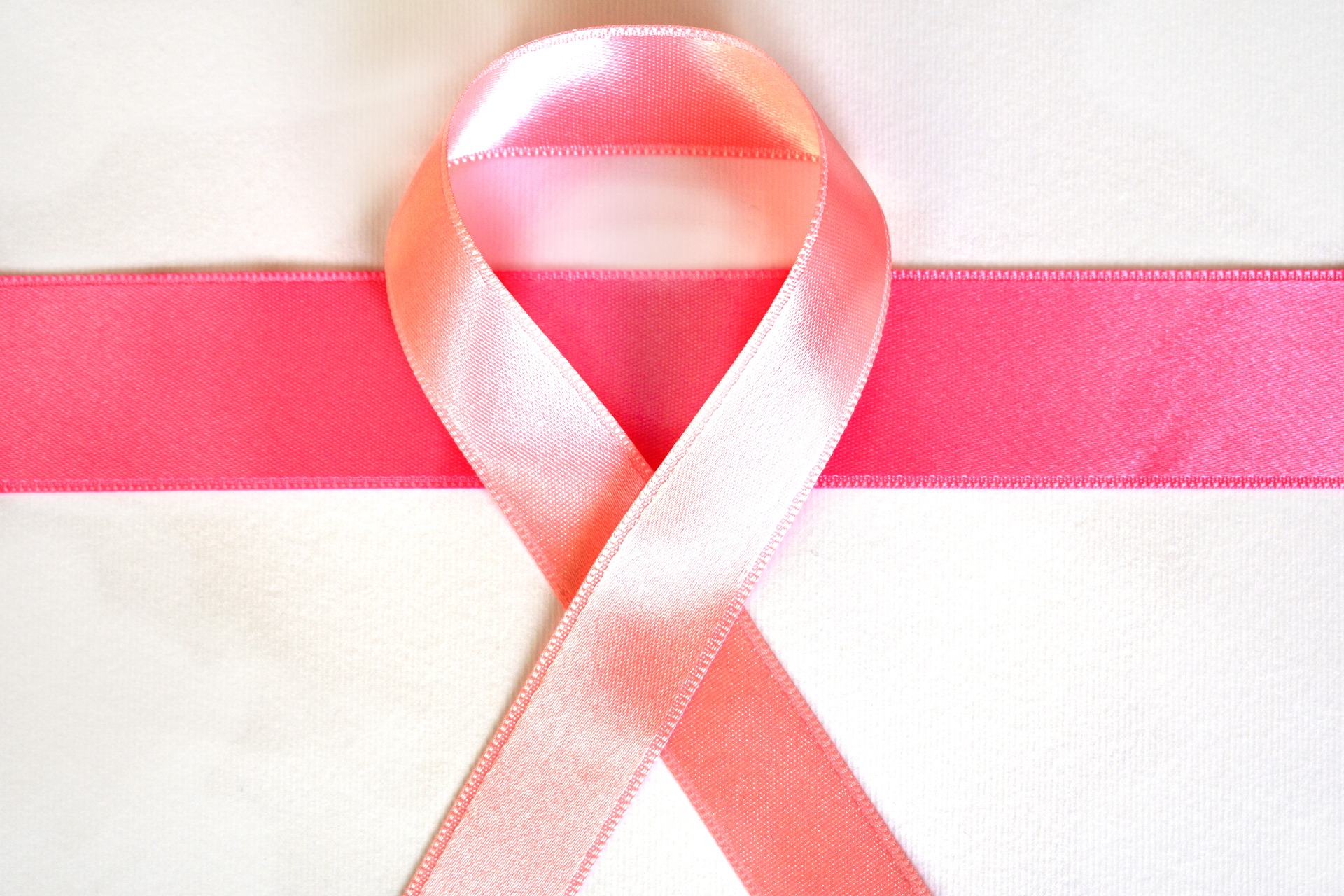
Remember, breast cancer is a serious issue that no one should take lightly. For breast awareness month, a lot of organizations are doing free breast screening, so take matters into your own hand because your health is important. Sound off in the comment section below and tell us if you learnt anything new about breast cancer.
You May Also Like

International Geophysical Year Contribution in Science
2021-08-25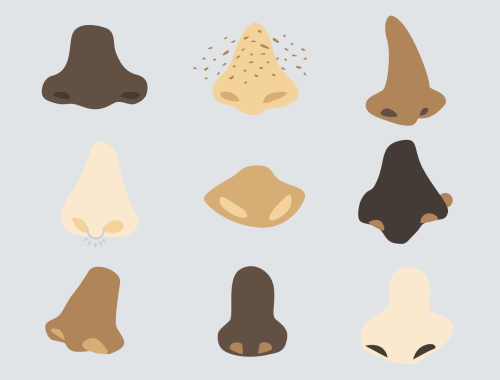
The Invisible Emissaries: The Power of Scent and Pheromones
2023-10-17

